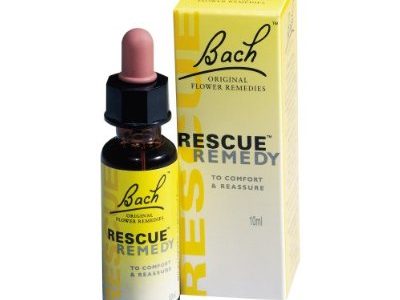 Solo parents, here’s the deal. For a lot of us, the struggle is real. Many of us are parenting single-handedly, without the physical or fiscal support that two-parent households enjoy. Emotionally, we are often burdened with more stress, worry and frustration than our two-parent household peers.
Solo parents, here’s the deal. For a lot of us, the struggle is real. Many of us are parenting single-handedly, without the physical or fiscal support that two-parent households enjoy. Emotionally, we are often burdened with more stress, worry and frustration than our two-parent household peers.
Remember this– though our burden may seem great, we must never lose sight of the gift of innocent life we’ve been given to care for. Our situation actually poses a greater responsibility, and we must take the physical, emotional and spiritual well-being of our children very seriously.
Our kids are possibly more sensitive to criticism than their peers in two-parent homes, and it is up to us to shelter them, build them up, and give them positive messages about how loved they are. We must guard against the careless remark, the harried expression, the damaging message to our kids that they are a burden to us, rather than a blessing.
So what can we do to prevent this? We can become self-aware and be proactive. When we know better, we can do better. Here are ten way to keep from doing harm:
1. Get centered. It may sound cliché, but balance truly is key. It’s important for our personal sense of serenity and sanity, as well as those who rely on us for their own, to maintain a healthy balance in every aspect of our lives. Balanced nutrition, exercise, sleep and self-care and self-actualization are necessary to acquire and sustain holistic health. Inner peace is not born of a chaotic lifestyle. So, remind yourself to slow down. Breathe, and get centered.
2. Carefully confront. Children need honest and open communication. It reassures them in times of uncertainty. More importantly, it builds and nurtures a sense of trust. Yet, there is still a need to utilize caution and care when speaking to your child about an absentee parent. Keep in mind, your child is one-half you and one-half the absent parent. Any statements you make about the other parent will be personalized by your child. Keep your personal relationship issues out of the conversation, and stick to the facts.
3. Communicate often. Do not leave communication to the whims of a child. Keep the lines of communication open at all times; not merely when tough questions come trickling or flooding in. Remember, just because your child isn’t asking questions doesn’t mean they don’t have any. Children often fear the possibility of upsetting a parent by bringing up what they know to be a sore subject. Remove that fear by presenting the topics of conversation for them, with gentle, compassionate and open language that allows for emotional security and trust.
4. Employ and instill gratitude. Make gratitude a part of your daily routine. Include it in your child’s everyday life, as well. Gratitude ceremonies or posting expressions of gratitude are just a few ways to ensure your child knows how grateful you are for their presence. The method by which you practice being grateful is not nearly as important as the positive message you’ll be sending your kids.
5. Consult with professionals. Helping professionals are available to assist with any questions you might have or resources you might need. Medical professionals, school counselors, etc., are typically accessible and are interested in the welfare of your child. Moreover, they work for you. So, employ their services in every way possible, and ask for the information and resources you need to be aware and best care for your child’s emotional needs.
6. Rely on your village. There is no doubt the old adage is true. Do rely on your family, friends, community, etc., to assist you with the difficult conversations. Allow them to help you privately debrief or vent, so you do not subject your child to fits of frustration or anger. Turn to them for wisdom, support and time away. Let go of the reigns. Let people help.
7. Get back to nature. You may not know what you are missing if you haven’t spent much time outdoors lately. Grounding– it’s real! Planting your bare feet on the ground removes ions– like those from computers and other technological devices that often leave us drained, nervous and riddled with headaches or migraines. So, make it a daily no-shoes, no-socks date.
8. Journal. Keeping a personal diary of your thoughts, feelings and experiences helps you privately process your emotions and cognitions without involving your child. Journaling is a fantastic way to release emotions and sort out thoughts. More importantly, it is a very healthy coping tool, which can be used by kids too.
9. Create quality time. Quality time with your kiddos is possibly one of the most important things to do for yourself and your children. Don’t stop at movie dates. Get interactive and do activities which involve communication and some degree of challenge. For instance, arts and crafts, reading to each other, going to art museums, nature walks—all of these are fun, stimulating activities for both you and your child. But, don’t forget snuggle time. It’s a QT necessity.
10. Seek help. We don’t always know the answers. And sometimes there are more difficult issues to deal with than the absence of a parent. In these cases, it’s recommended to seek professional help for yourself and your child. Remember, when our kids are sick, we take them to the doctor to ensure the best quality of care. The same should be said for the emotional health of our children and ourselves.






